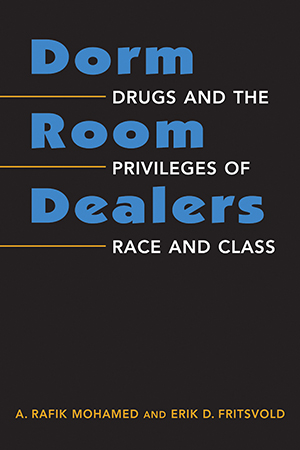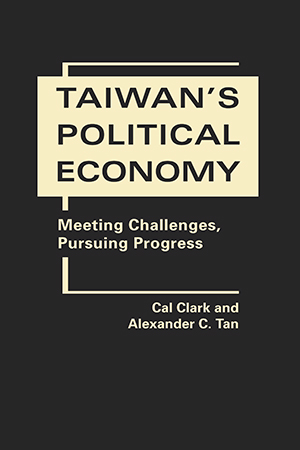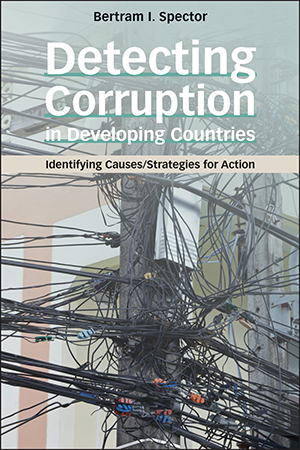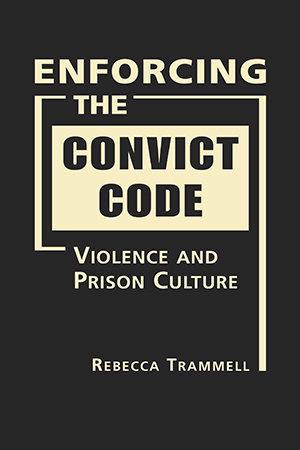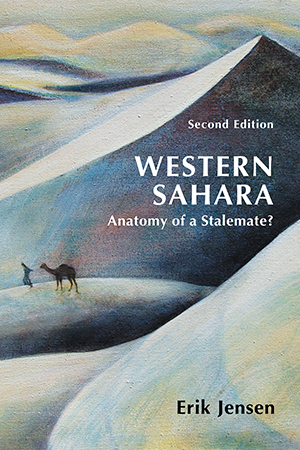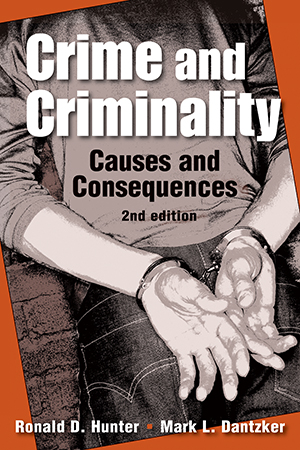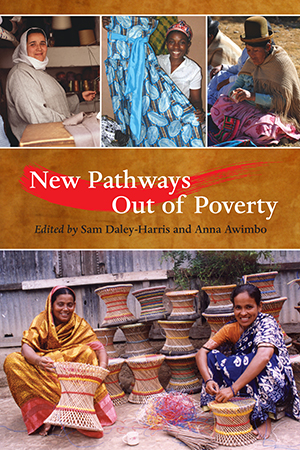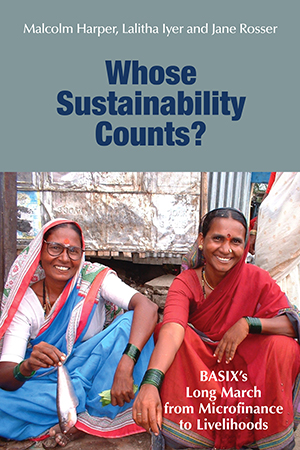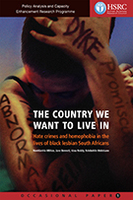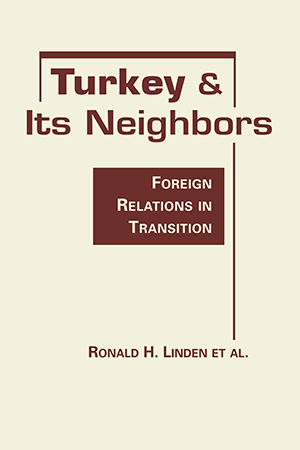BOOKS
Why do affluent, upwardly mobile college students—who have everything to lose and little to gain—choose to sell drugs? Why do law enforcement officers largely overlook drug More >
Taiwan's economic and political transformation was once considered a model for developing nations, but in recent decades, the momentum has stalled. Why? Cal Clark and Alexander Tan More >
Excessive government discretion, greed, and the abuse of power for private gain are widespread phenomena in developing countries, denying citizens the critical services that they are More >
Is it possible that a prison's gangs, racial tensions, and underground economy may actually serve to make it a less dangerous place? In this examination of violence behind bars, Rebecca More >
Responding to the changes that have swept across North Africa since the first edition of this book was published, Erik Jensen sheds new light on the enduring dispute over Western More >
This concise but thorough introductory textbook bridges the gap between theory and the real world of crime and criminal justice. In clear, accessible prose, the authors discuss the full More >
New Pathways Out of Poverty explores the current state of the microfinance industry and highlights some of the field's major challenges and achievements. The authors examine innovations More >
Malcolm Harper cuts through the cynicism and disillusionment about microfinance with his account of BASIX—one of the largest microfinance firms in India—to show how the More >
Despite constitutional protections founded on the principles of equality, human dignity and freedom, violence based on gender and sexual orientation is rampant in South More >
Recent years have seen dramatic changes in the nature, direction, and impact of Turkey's foreign relations in its neighborhood—a region that encompasses Europe, the Middle East, More >



